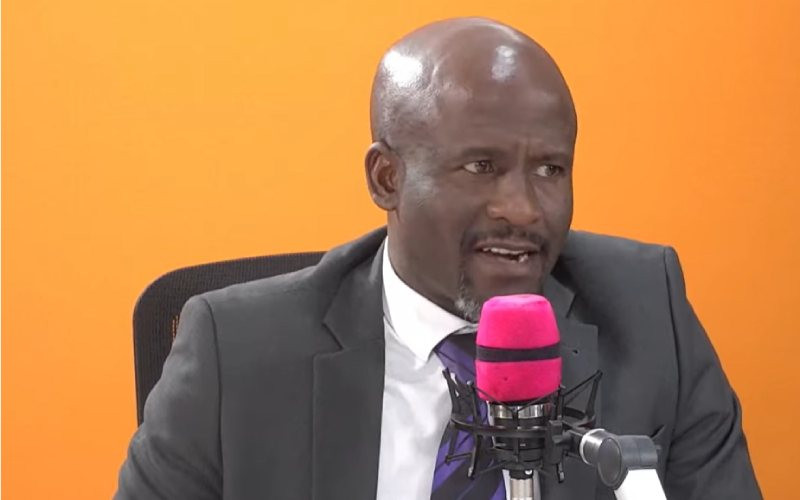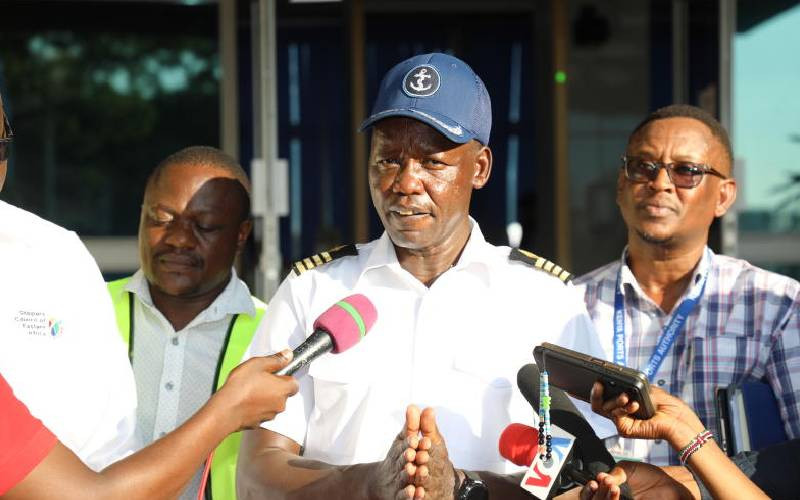
President William Ruto and other members of his administration have been on a moralising crusade lately, asking parents to be better guardians of their children and reminding the youth to be responsible members of society.
The irony, of course, is that the messengers’ own history in public life undercut their message. How can leaders of an administration that has credibly been accused of abducting and killing Kenyans turn around and become moral evangelists? Is the assumption that Kenyans have forgotten all the credible accusations of graft and misgovernance leveled against the same individuals over the last several years? Are they being sincere or is this part of a sick cynical play?
All societies run on an implied social contract and moral economy. This is because for ruling elites to enjoy their status, they must get implicit consent of the governed. Force alone never works, for the simple reason that a government cannot jail or kill everyone in society. Even totalitarian societies must rely on an implicit social contract. State police and security agents are always vastly outnumbered by citizens. In Kenya, for example, we have less than 120,000 police officers for a population of over 55 million. The government cannot purport to control the country through force alone. Implicit consent of the governed must be earned.
But how does a government cultivate legitimacy and engender an implicit social contract with the governed? In most societies, ruling elites deliberately cultivate very clear parameters underlying the social contract. For example, the Chinese Communist Party has a clear contract with the Chinese people: they deliver prosperity and in exchange the people agree to be governed without a direct system of democracy. The legitimacy of rule crucially depends on elites honoring their commitment. Otherwise, the moral economy breaks down. And people either mobilise to overthrow the system or radically increase the cost of being governed.
In Kenya, we are at a point whereby the moral economy is broken. It is hard to tolerate theft in the public sector when nothing works in people’s private lives; and when on top of that the government allegedly kidnaps and kills young people.
Under these circumstances, President Ruto would be well advised to less preachy moralising and focus more on restoring the social contract. Kenyans are not asking for perfection. They simply want public services to work.
- The writer is a professor at Georgetown University







